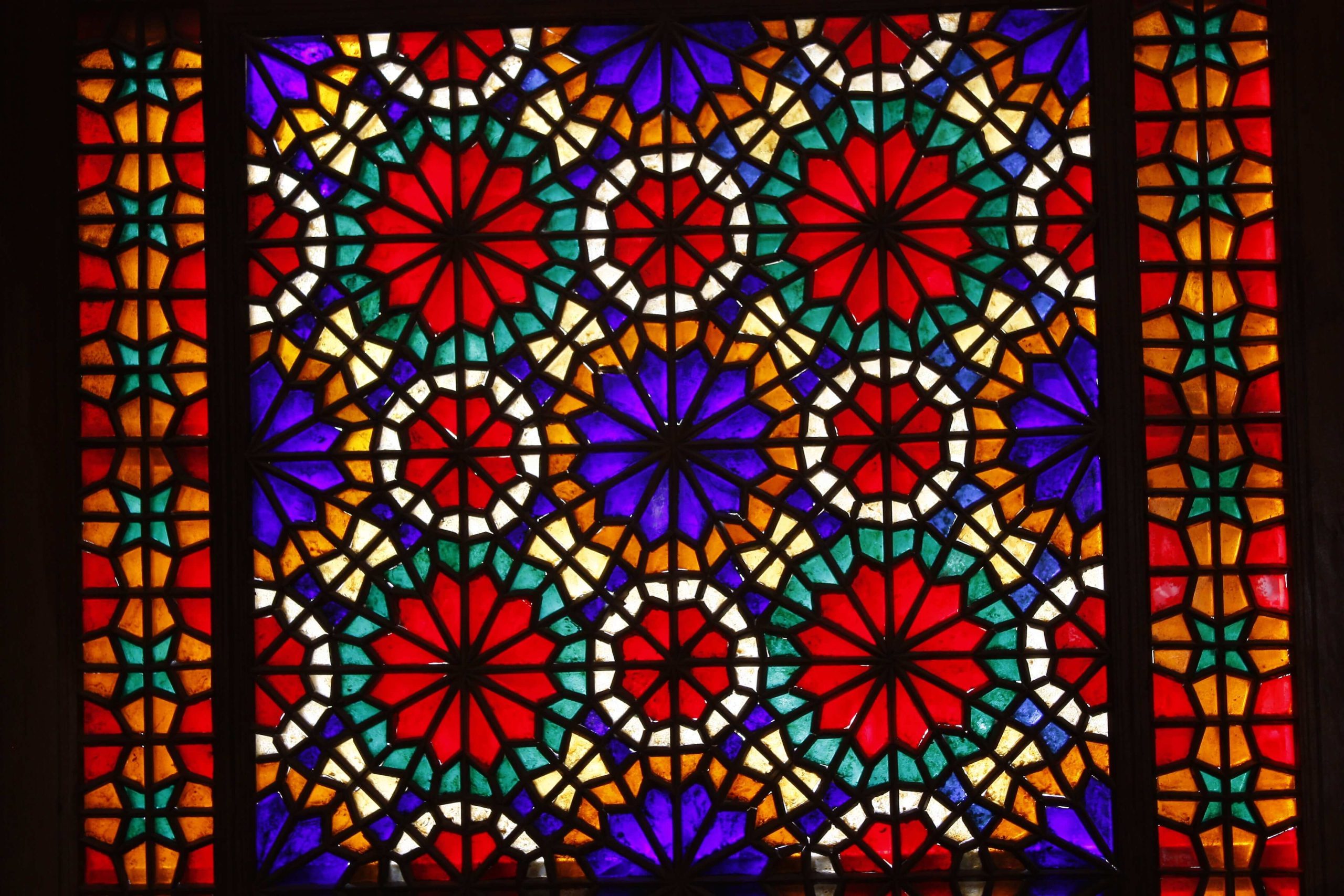Sexuality and Identity
In my psychoanalytic practice, listening to a person's experience reveals their desire and unconscious relationship, fostering transformation through language.
"Desire is the Desire of the Other" - Écrits papers, Jacques Lacan
Contemporary Psychoanalytic Therapy for Difficulties with Sexuality and Diverse Gender Identities
Contemporary Lacanian psychoanalysis, understands human relationships to desire and the Other through the unconscious structure of each speaking subject, inscribed in language. In Lacanian theory, difference is foundational; however, it is not determined by biological sex or the gender assigned at birth. Instead, it emerges from the symbolic order, which encompasses the meaning-making within the external world of culture, with others, in contrast to the individual’s internal unique experience to unconscious desire.
Psychoanalysis, in this work, invites the analysand to speak freely, expressing thoughts as they come to mind. The analyst and analysand engage collaboratively in the process of deciphering and constructing meaning, navigating the unconscious and its manifestations within the symbolic field throughout the analytic treatment using language. This therapeutic approach is not merely about addressing pathology but offers an engaging, creative, and insightful space for individuals to transcend their difficulties depending on what emerges. It opens a pathway for them to forge something new by drawing from their knowledge of relationships, formative childhood experiences, and interests.

Psychoanalytic Theory and the Formation of Identity

Lacan's theory of identity, particularly the "mirror stage," highlights that the self begins with a misrecognition. Between six and eighteen months, the infant identifies with an external image reflected in a mirror or a parent’s gaze, which appears to be whole and unified, in contrast to our internally fragmented thoughts and bodily experiences. These early experiences result in an idealsed yet alienating self-image, influenced further by interactions with others, including family, cultural norms, language, and societal values. While these external forces guide desire and identity, they also reinforce one’s alienation by anchoring the self to external expectations, which can give rise to a sense of overwhelm, conflict and tension.
In Lacanian psychoanalytic therapy, identity is viewed as dynamic and fluid, marked by a continuous interplay between unconscious desires and external cultural influences. The therapeutic space creates the conditions for the speaking being to put to words their evolving identity, including experiences such as transitioning or navigating gender identity as transgender, non-binary, masculine, feminine, or many other forms of self-expressions. Through psychoanalytic listening, analysis facilitates an understanding of how a being relates to themselves privately and in the outside, to help you articulate a unique and meaningful sense of self that is stable and coherent over the course of our work togthether.
FAQs
Will you understand the cultural or family pressures I face?
Many individuals encounter cultural or familial pressures. As a lacanian psychoanalyst, I am sensitive to these dynamics and work with you to say more about them, and navigate situations in a way that is respectful to your issues.
Do you offer therapy to individuals who are transitioning?
Yes, I work with individuals and young people who are transitioning. My approach is to provide a safe space where you can speak about your identity and associated experiences, helping you navigate the challenges with sensitivity and respect. We work together to address any concerns, which you speak about in the sessions to develop your understanding of yourself, and support you through this significant decision. For information regarding children.
